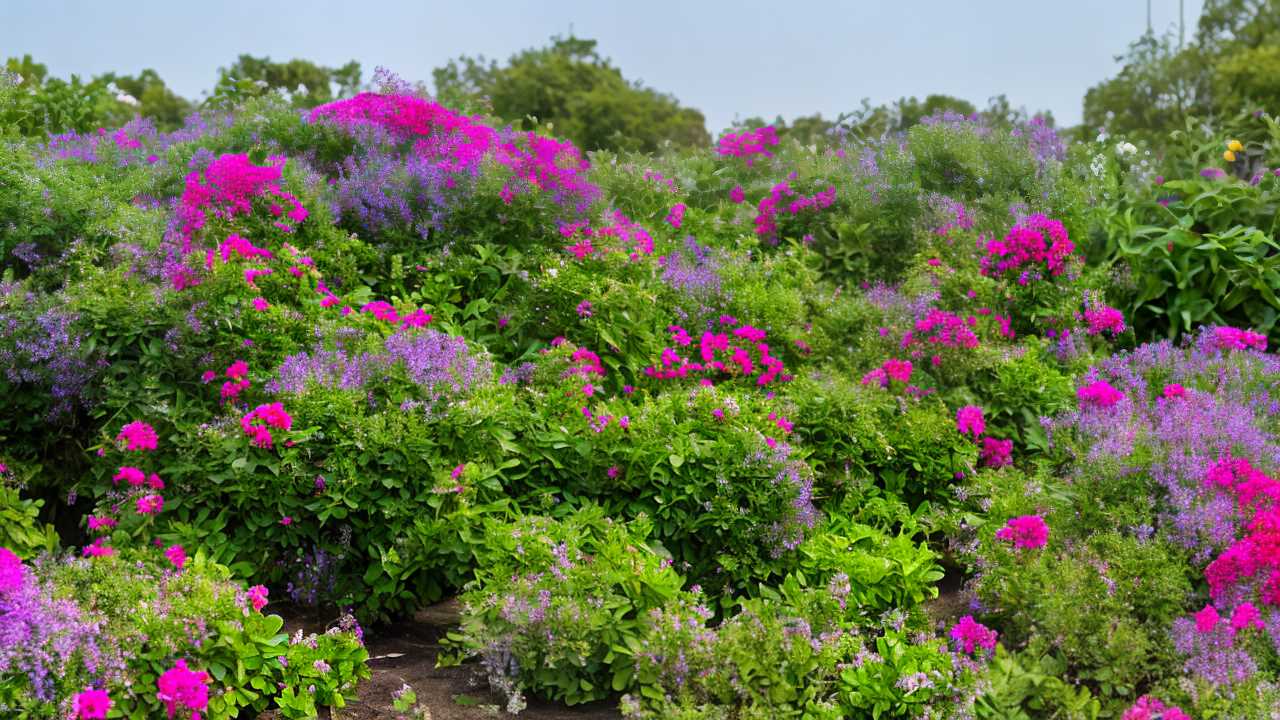
Introduction
Gardening is a wonderful hobby that can bring joy, relaxation, and a sense of accomplishment to people of all ages. For seniors, gardening can be especially beneficial, as it promotes physical activity, mental stimulation, and a connection with nature. However, as we age, certain physical limitations and safety concerns may arise, making it necessary to adapt our gardening practices. In this article, we will explore some essential gardening tips specifically tailored for seniors, focusing on accessibility, low-maintenance techniques, adaptive tools, and safety measures.
Choose the Right Plants
When planning a senior-friendly garden, it is crucial to select plants that are both easy to maintain and visually appealing. Consider opting for low-maintenance plants such as succulents, herbs, and perennials that require minimal pruning, watering, and fertilizing. These plants can provide a beautiful and diverse garden without demanding too much physical effort from the elderly gardener.
Additionally, consider incorporating plants with sensory appeal, such as fragrant flowers or textured foliage, to enhance the overall gardening experience. Some excellent plant choices for senior gardens include lavender, rosemary, mint, and lamb's ear.
Implement Raised Beds and Containers
One of the most effective ways to improve accessibility in a senior garden is by utilizing raised beds and containers. Raised beds, typically constructed from wood or stone, bring the gardening surface to a comfortable height, reducing the need for bending and kneeling. This simple modification can significantly reduce strain on the back, knees, and joints, making gardening more enjoyable and less physically demanding for seniors.
Container gardening is another excellent option for those with limited mobility or space. By growing plants in pots, barrels, or hanging baskets, seniors can easily tend to their gardens from a seated position or even indoors. Container gardens also offer the flexibility to rearrange plants as needed and control soil quality and drainage more efficiently.
Invest in Adaptive Tools
As we age, our grip strength and dexterity may decline, making traditional gardening tools more challenging to use. To overcome these obstacles, consider investing in adaptive gardening tools specifically designed for seniors or individuals with limited hand function. These tools often feature ergonomic handles, lightweight materials, and easy-to-use mechanisms that minimize strain and fatigue.
Some essential adaptive gardening tools include:
- Ergonomic trowels and cultivators with large, cushioned handles
- Lightweight, telescopic pruning shears and loppers
- Kneeling pads or benches with handles for easy standing
- Rolling garden seats or stools for comfortable and stable seating
- Watering wands with adjustable nozzles for effortless watering
Prioritize Safety
Safety should be a top priority in any senior garden. To minimize the risk of accidents and injuries, consider implementing the following safety measures:
- Ensure pathways are even, stable, and free of tripping hazards
- Install handrails or grab bars near steps, slopes, or uneven surfaces
- Provide ample shade and seating areas for rest and hydration breaks
- Use non-slip surfaces or mats in areas prone to wetness or moisture
- Store tools and equipment safely and securely to prevent falls or injuries
- Wear protective gear, such as gloves, hats, and sunscreen, to guard against sun exposure and cuts
Embrace Low-Maintenance Techniques
To make gardening more manageable and enjoyable for seniors, embrace low-maintenance techniques that reduce the amount of time and effort required to maintain a thriving garden. Some effective strategies include:
- Mulching: Apply a layer of organic mulch around plants to suppress weeds, retain moisture, and regulate soil temperature, reducing the need for frequent weeding and watering.
- Drip Irrigation: Install a drip irrigation system to automatically deliver water directly to plant roots, minimizing water waste and the need for manual watering.
- Companion Planting: Group compatible plants together to naturally deter pests, improve soil health, and promote better growth, reducing the need for chemical interventions.
- Regular Maintenance: Perform small, regular maintenance tasks, such as deadheading flowers or pruning, to prevent gardens from becoming overwhelming and unmanageable.
Conclusion
Gardening can be a fulfilling and therapeutic activity for seniors, providing physical exercise, mental stimulation, and a deep connection with nature. By implementing these gardening tips focused on accessibility, low-maintenance, adaptive tools, and safety, seniors can continue to enjoy the many benefits of gardening well into their golden years. With the right plants, tools, and techniques, a senior-friendly garden can become a cherished oasis of beauty, tranquility, and personal achievement.


